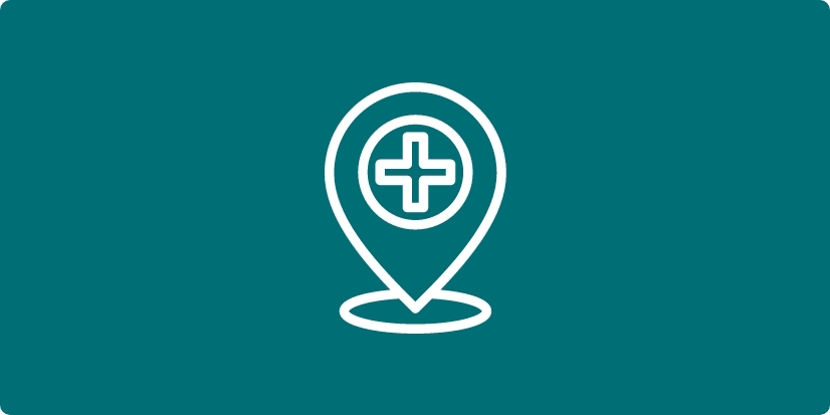Cancer Prevention & Screenings
Cancer prevention and screening
Cancer is a disease caused by genetic changes to the way cells grow and multiply. Because it originates in the DNA, any changes or damage to a person’s DNA can spur mutations that could lead to cancer. Most often, cancer risks are related to a person’s family medical history. When their genes prevent tumors from growing, they are less likely to develop cancer. The best way to prevent cancer, then, is to avoid any unhealthy behaviors that could lead to cell mutation.
Some activities that have been linked to cancer include:
- Alcohol
- Tobacco
- Radiation
- Sunlight
- Poor diet
- Chronic inflammation
- Obesity
Ways to prevent cancer
According to the National Cancer Institute, about 1.9 million people will be diagnosed with cancer in the United States in 2021. As the high costs of treatment threaten a large financial burden in the future, prevention practices are the best way to avoid any future complications.
Because cancer isn’t a specific disease, preventing it requires long-term planning and lifestyle changes that decrease any changes for DNA damage or changes. Beyond that, factors like age and family history can present a cancer risk as well.
Some ways to prevent cancer could include:
- Making positive changes to your diet
- Exercising regularly
- Undergoing cancer screenings on a regular basis
- Use of medicines to prevent or stabilize precancerous conditions
Cancer screenings at University Medical Center New Orleans
By taking the time for cancer screenings, you may be able to prevent cancer before it significantly impacts your life. University Medical Center New Orleans helps residents take a positive step against cancer by providing expert help in detecting the disease early on.
Screenings for cancer can include:
- Colonoscopies—Endoscopic inspection of the entire colon for polyps and other signs of cancer
- Fecal occult blood tests—Inspection of feces for blood
- Low-dose CT—X-ray lung screening for current or former smokers who quit in the last 15 years
- Mammograms—Special X-rays that detect lumps and other abnormalities in breast tissue
- Pap test—Checking the cervix for human papillomavirus (HPV) cells which could lead to cervical cancer
Regular cancer screenings are always a good idea. We look forward to providing our patients with compassionate, comprehensive cancer care. Please contact our Cancer Center Nurse Navigator by calling 504.702.3311 for information about cancer screening.

